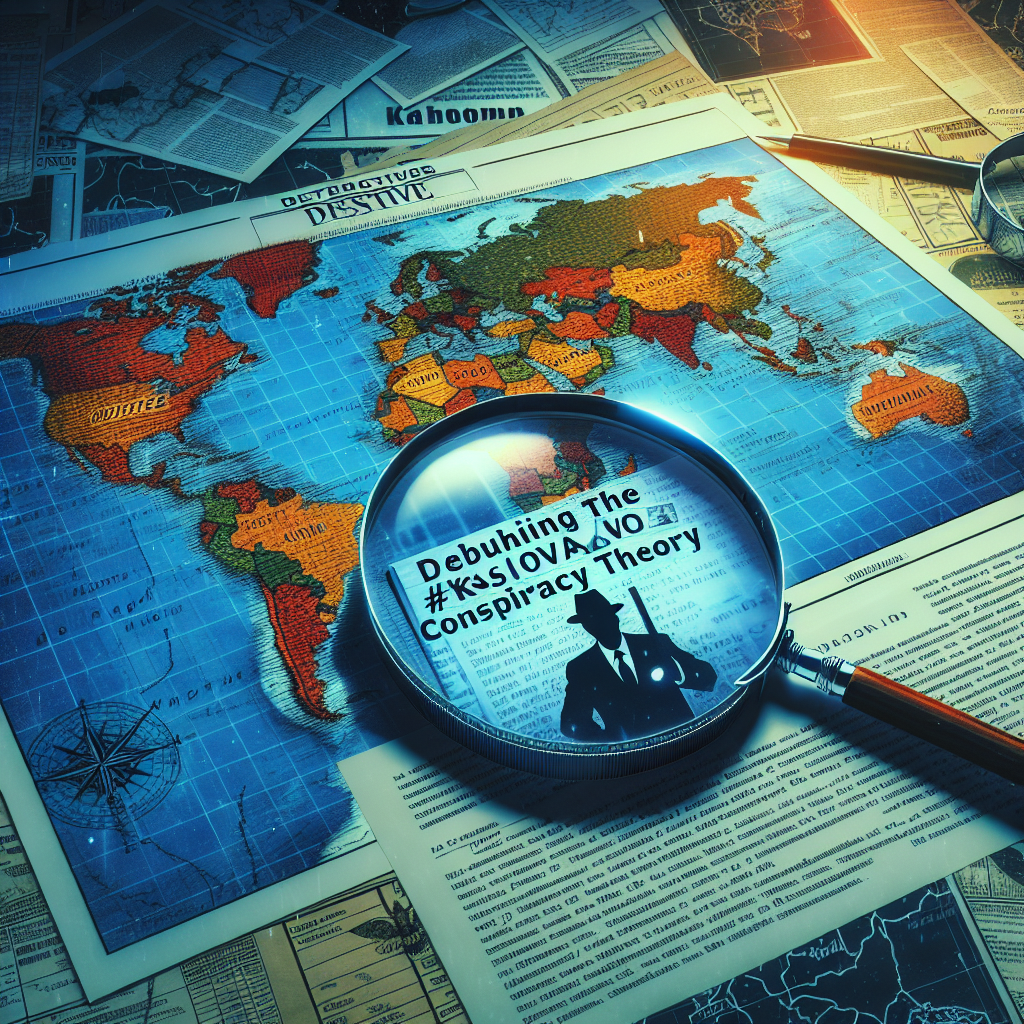-
Analysis: President Trump’s one-sided war against the Fed doesn’t show any signs of abating. And yet Federal Open Market Committee Chairman Jerome Powell says he hasn’t had any contact with the new occupant of the White House.
Even before President Donald Trump got the keys to the White House, he was repeatedly attacking the Federal Open Market Committee (FOMC) and its chairman, Jerome Powell. Yet now that he’s in the Oval Office, the commander in chief hasn’t even picked up the phone.
Trump has variously said he would fire Powell (the man he himself appointed), then declared he would allow Powell to finish his tenure if he complied with Trump’s desires.
Most recently he blamed the Fed for inflation, writing on his social media platform, Truth Social, that it spends too much time on issues such as “DEI, gender ideology, ‘green’ energy, and fake climate change.”
But despite the public dunking, it seems Trump hasn’t taken the fight directly to Powell. “I’ve had no contact,” Powell responded when questioned by reporters this week if he had spoken with the president.
The public lambasting may simply be a case of Trump signaling to his supporters that he is intensely focused on inflation. Price rises dominated the political rhetoric in the run-up to the election with the Republican politician promising to bring grocery prices “way down.”
The message resonated well with voters. After all, 41% of Americans named inflation as their top economic issue heading into the November elections, according to a Bankrate study of more than 2,000 people.
Voters also elected Trump because they believed he would handle the economy better than his rival Kamala Harris. In a Gallup survey of more than 900 registered voters, 54% trusted Trump with the economy while 45% sided with Harris.
So President Trump’s mandate to bring down prices is clear—and yet he hasn’t picked up the phone or driven across Washington, D.C., to meet with the man who directly influences the metric.
That may be because on some level, he knows he can’t.
Importance of Fed independence
What has surprised—and in some cases appalled—economists about Trump’s attempts to influence the Fed is that this tactic has not worked out well in the past.
The fundamental point of having an independent central bank—mandated to keep inflation at a base level of 2% and maximize employment—is that it is not beholden to the whims of politicians who revolve in and out of power once every four or five years.
The FOMC’s goals look to the long-term prosperity of the economy, not to manipulate its health twice a decade in order to install a certain individual in the Oval Office.
Powell has been clear on this, telling reporters back in September: “This is my fourth presidential election at the Fed, and it’s always the same.
“We’re always going into this meeting and asking, ‘What’s the right thing to do for the people we serve?’ … That’s always what it is, it’s never about anything else. Nothing else is discussed.”
A quick look at the history books is a reminder of why Fed independence is so critical.
In the 1970s, when President Richard Nixon was seeking reelection, he said of then–Fed Chairman Arthur Burns: “I respect his independence. However, I hope that independently he will conclude that my views are the ones that should be followed.”
Chairman Burns proceeded to follow the not-so-subtle hint, which in turn led to a period of stagflation—a possibility which still keeps the likes of JPMorgan CEO Jamie Dimon awake at night.
The Fed and democracy
In Trump’s continued baiting of the Fed, it might seem that any response from Chairman Powell is a bite.
But the Fed boss—and his peers—are aware that they are ultimately accountable to the public. Outright ignoring Uncle Sam’s democratically elected leader may not be the best way to demonstrate this.
The “elected vs. appointed” argument is one Vice President JD Vance has made himself—while conveniently overlooking the fact that President Trump brought in Powell in his first administration.
Vance told CNN’s Dana Bash last summer: “Agree or disagree, we should have America’s elected leaders having input about the most important decisions confronting the country.
“It would be a huge change, but whether the country goes to war, what our interest rates are, these are important questions that American democracy should have important answers for.”
Public accountability is a topic Fortune has put to multiple Fed presidents.
The leader of the Federal Reserve Bank of Chicago, Austan Goolsbee, explained: “Central banks should be held accountable for their actions. And they are. The evidence of what happened during the COVID times, in my view, [is that] there’s a lot of public accountability on the central banks—not just in the United States but everywhere—and that’s totally fine.
“That’s a completely different issue than: ‘Do elections drive monetary policy decisions?’”
Likewise Boston Fed President Susan Collins highlighted the fundamental target of her work is to improve the lives of American households. She told Fortune: “It’s important for people to understand the role of the FOMC or monetary policy at the Federal Reserve because of the importance of price stability and maximum employment for people’s everyday lives.
“It impacts individuals and their families and the communities that they live in. It impacts micro firms [and] individual entrepreneurs all the way up to our global multinational corporations. In order to have an environment that sustains rising living standards for our citizens, sustaining a low stable inflation and an environment with maximum employment really matters for all of us.
“That is what the FOMC is charged by Congress to do. That’s our job.”
Indeed Powell said he and his FOMC peers would be seeking “new ideas and critical feedback” from the public this year especially, as the group holds its five-year review of its monetary policy strategy.
“Our review will again include outreach and public events involving a wide range of parties, including Fed Listens events around the country and a research conference in May,” Powell said on Jan. 29 in his post–Fed meeting press conference.
Don’t spook the markets
Usually the Fed and the Treasury can expect to enjoy a fairly cozy relationship. Weekly breakfast meetings are the standard, Powell told the New York Times DealBook Summit last year—though whether the tradition will be adopted by new Treasury Secretary Scott Bessent remains to be seen.
And while the FOMC may deliberately ignore the behests of Wall Street, it also won’t want to upset the markets to the point of tipping them into a downward spiral—putting both jobs and prices at risk as a result.
Already analysts are hedging their bets on the tension between Trump and Powell. As UBS chief economist Paul Donovan said in an update on Jan. 30: “The idea of a March rate cut was called into question by the tone of the policy decision, and it’s not unreasonable to suppose that a March rate cut would be a higher probability if there were more certainty about the nature of the new administration’s policies.
“There might be a risk … that over-criticism by Trump might tilt the Fed toward hawkishness in any future close-call decision, in order to prove the Fed’s independence is beyond reproach.”
This story was originally featured on Fortune.com
In recent weeks, President Donald Trump has been openly criticizing Federal Reserve Chairman Jerome Powell, blaming him for the economic downturn and calling for his removal. Trump has even gone as far as to compare Powell to a golfer who can’t putt and has questioned whether Powell is a greater enemy than China’s President Xi Jinping.
Despite this very public and aggressive stance against Powell, one question remains: why hasn’t Trump picked up the phone and had a direct conversation with the man he is attacking?
Many political analysts believe that a direct conversation between Trump and Powell could potentially resolve some of the tension and animosity between the two. It could allow Trump to express his concerns and frustrations directly to Powell, rather than through Twitter or the media.
However, others argue that Trump’s attacks on Powell are more about political posturing and deflecting blame for the economic challenges facing the country. In this view, a phone call would not change Trump’s strategy of using Powell as a scapegoat for his administration’s economic policies.
Whatever the reason may be, it is clear that the ongoing public war between Trump and Powell is causing uncertainty and volatility in the markets. Perhaps a simple phone call could help to ease tensions and provide a more constructive way forward for both parties.
Tags:
Donald Trump, Jerome Powell, Federal Reserve, President Trump, Powell feud, Trump criticism, Federal Reserve Chairman, Trump administration, central bank, monetary policy, interest rates, economic impact, political tension, communication breakdown
#Donald #Trump #waging #public #war #Jerome #Powellso #hasnt #picked #phone






